Sti.ll is overall smoother and more pleasant, which is really fitting for the intimate and subtle sentiment of the original LP, making it a re-listen that fans of the original should not miss out on.
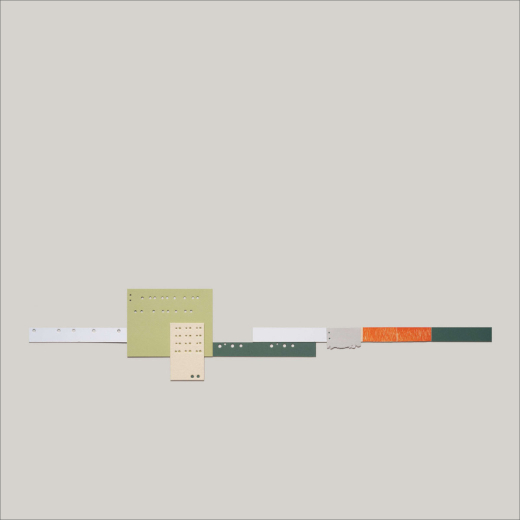
An entirely acoustic revisitation
Sti.ll is an entirely acoustic revisitation of the original 2002 Stil. (12k)—a record based around minimalistic electronic experimentation and manipulation. Records like Stil. are usually focused on texture and ambience more than they are on composition, but Stil.‘s longer pieces and subtlety made it more than just a record that experiments with extreme forms of minimalism, if anything, it’s an album that always provides smoother background drones and pads that make it far more atmospheric and immersive.
As such, it’s no wonder how the acoustic reinterpretation in Sti.ll works wonders: the original pieces are more than apt for a classical approach thanks to their slow and methodical variations, instead of being so dependent on texture that it would be almost impossible to recreate them with acoustic instruments. This is a key point of Sti.ll, the fact that it’s loyal to the original recording, it’s not a totally detached revisitation or one that’s trying to completely turn around the feel of the original album; and, where there are passages that are centered more around timbre, the ensemble manages to recreate the skipping and the glitching in a way that maintains the original album’s unpredictability, one of its major aspects. “Temper” is the perfect example of that, because even if it’s my least favorite of the four tracks—as it was in Stil. as well, admittedly—I do have to praise it for how well just clarinets grasp the feel of the original piece. There is a shaker at play as well, but all the major components of this piece come from the clarinets, even the percussive thuds.
The background drone that stays for the entire track has really subtle shifts in dynamics, making it feel a bit more human than the cold one of the original “Temper.” What I really like are the short bleeps, which obviously aren’t actual bleeps in this case, but are recreated faithfully thanks to the clarinet’s sharp and nasal timbre, also coming off as a more vital part of the piece than they are in the original considering that they seem to stick out far more due to that same reason.
The biggest change happens in “Recur;” while the composition and its aleatory nature are kept, the way it becomes tonal in this recording completely changes the feel of the track. While that may seem like a bad thing, it actually ends up being my favorite piece on Sti.ll: it sits so beautifully between a Celtic and a middle eastern feel, that it almost makes it magical—especially with how often the track seems to stop and then start over like it did in the original.
Almost spellbinding ::
It’s as if the zithers were trying to play a beautiful phrase that never seems to be able to come to an end, trying to stutter like the 2002 counterpart does; the reason why it feels so warm and enveloping here—unlike the cold and stiff “Recur” in Stil.—is because tonality is far more noticeable here, especially with the background arrangement that actually progresses and builds more and more dense layers as it goes, so the track is not just hypnotizing thanks to its repetition, it’s almost spellbinding due to how beautiful it is.
“Snow/Sand” feels far more like its original counterpart instead. The wintery feel of the piece is maintained perfectly, the choice of the instruments I feel like is totally spot-on for this track, not solely because of the chimes that have a sweet and cold feel, but also because of the lack of any true kind of bass instrument, leaving the piece to be really light and airy for the most part—the cello does give more body to the piece, but it’s rarely a constant presence.
The arrangement is as beautiful as it was in the original piece, which I absolutely adore, but I do have to say it loses a bit on texture; the reason why the 2002 “Snow/Sand” is so fantastic to me is because of the idea of the contrast between snow and sand, both light and small particles, but one is smooth and the other is rough; the original track perfectly represented this contrast, with its second half being noisier and clickier, a feel that I think is lost in this acoustic version, making the whole piece too samey. Still, the arrangement is easily my favorite of the four, so the track is really pleasant either way.
In regards to the last piece, “Stil.,” I don’t really have a lot to say. It recreates the feeling of steadiness and intimacy of the original, as well as being really similar in tone thanks to the cold sound of the glockenspiel. It’s the most faithful rerecording for sure, maybe so much so that it barely offers anything new from the original.
In the end though, the album as a whole was most certainly worth the effort in its rearrangement.
The tracks are as beautiful as their primaries, mainly because the compositions themselves were so good to begin with, but also because they do add their own feel as well. Sti.ll is overall smoother and more pleasant, which is really fitting for the intimate and subtle sentiment of the original LP, making it a re-listen that fans of the original should not miss out on.
Sti.ll is available on Nettwerk / 12k / Greyfade as digital, double 12″ LP / orange vinyl, and Greyfade Folio 6.5″ x 8″ hardcover book/download.. [Bandcamp | Listen]






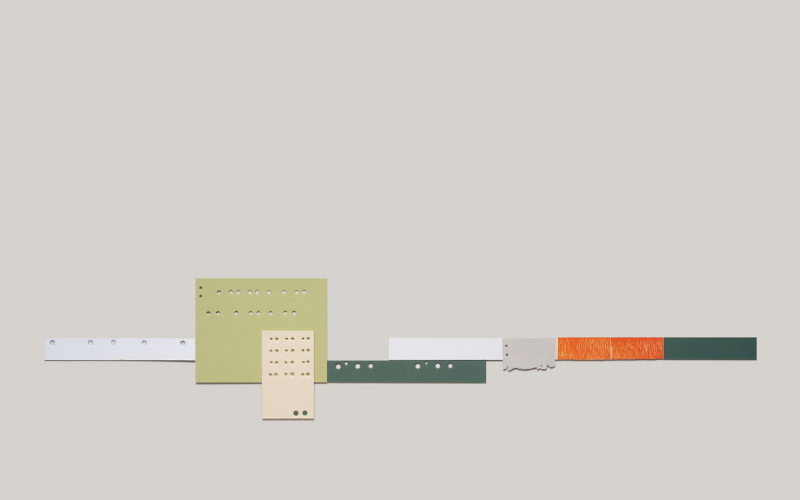




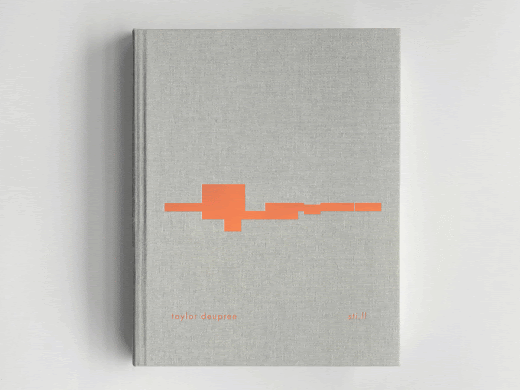
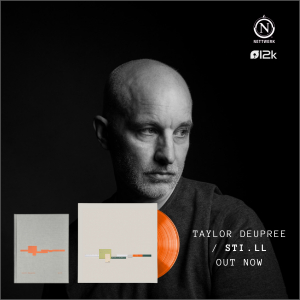
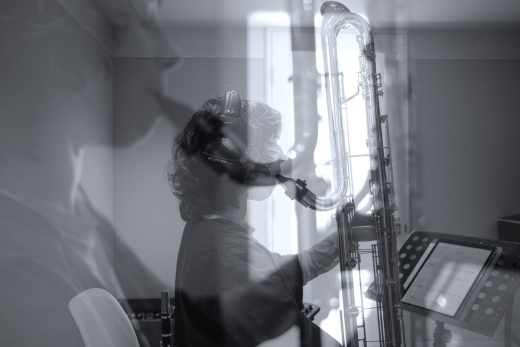

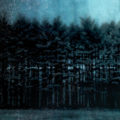
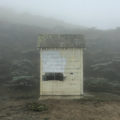
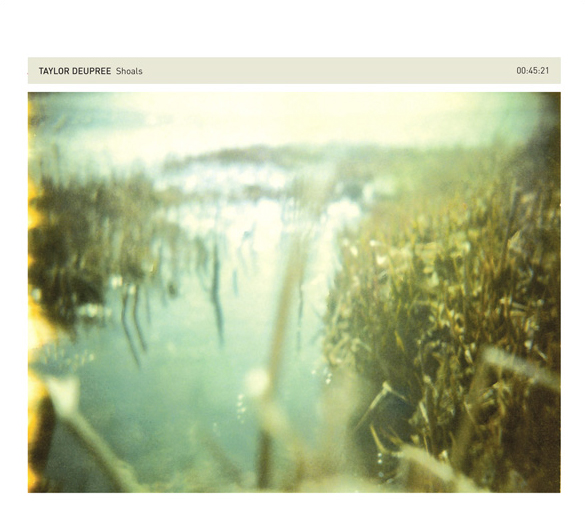




![Ndorfik & madebyitself :: Solos EP (People Can Listen) — [concise]](https://igloomag.com/wp/wp-content/uploads/2025/04/ndorfik-madebyitself-solos_feat-75x75.jpg)








